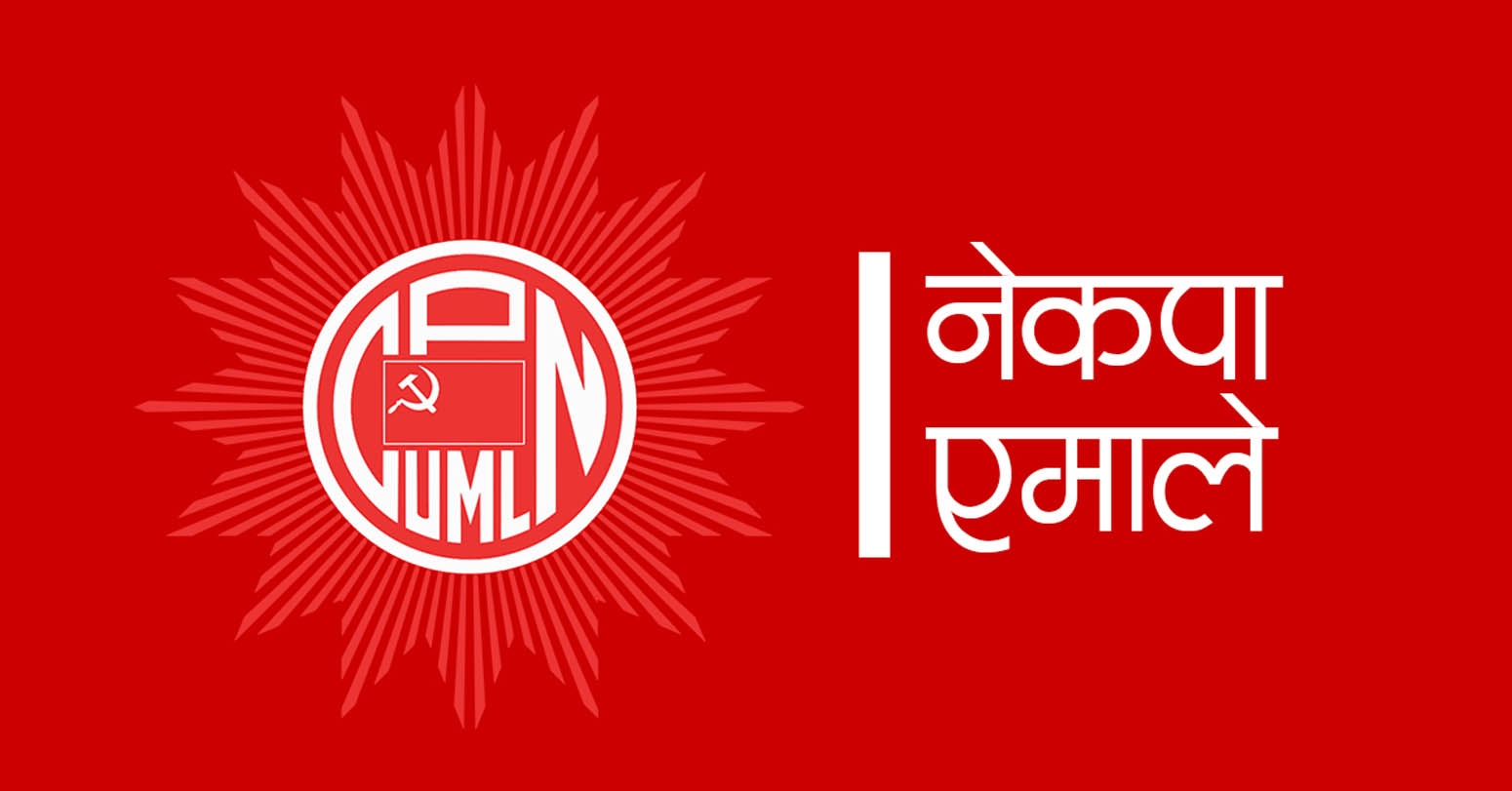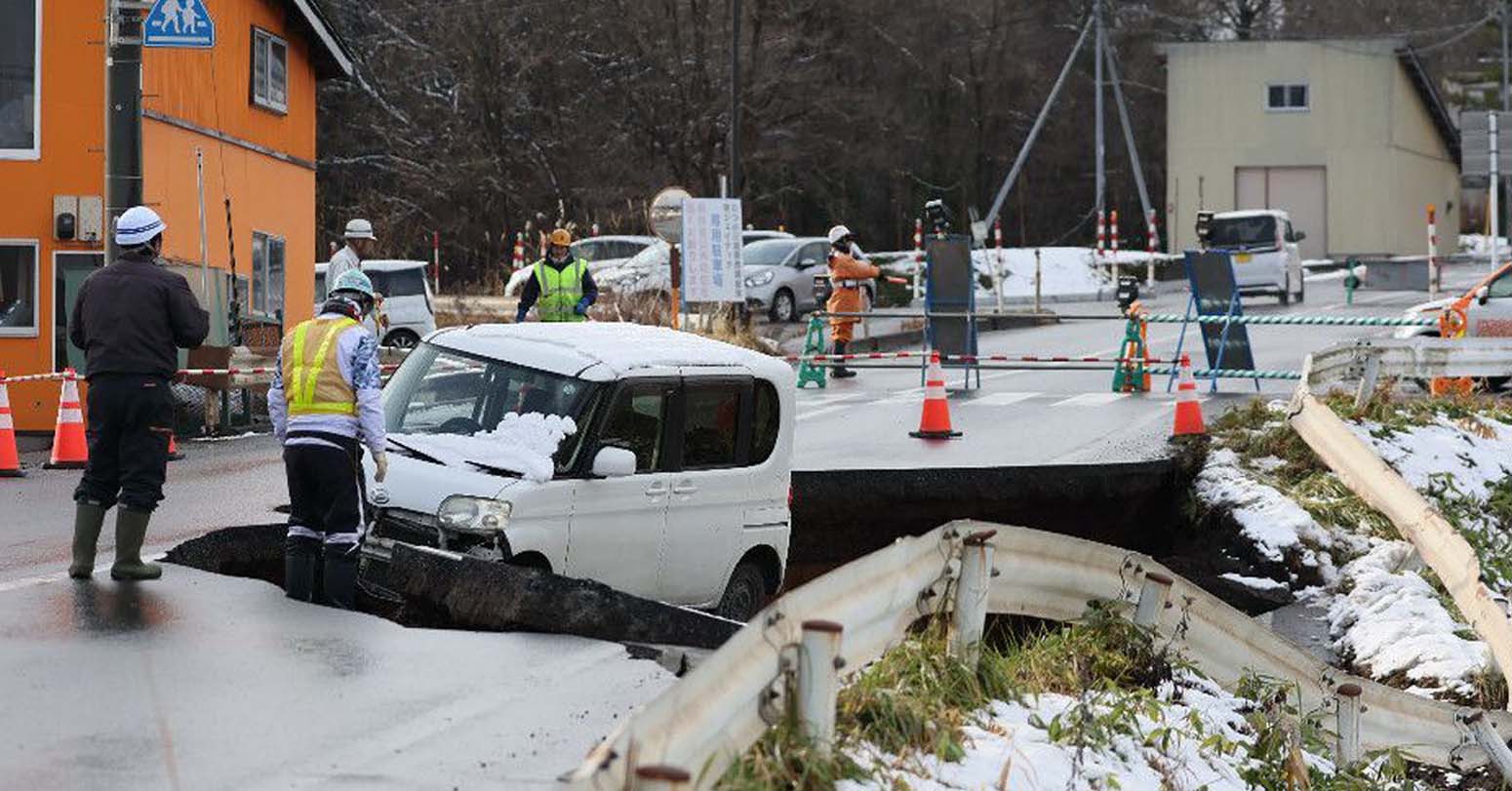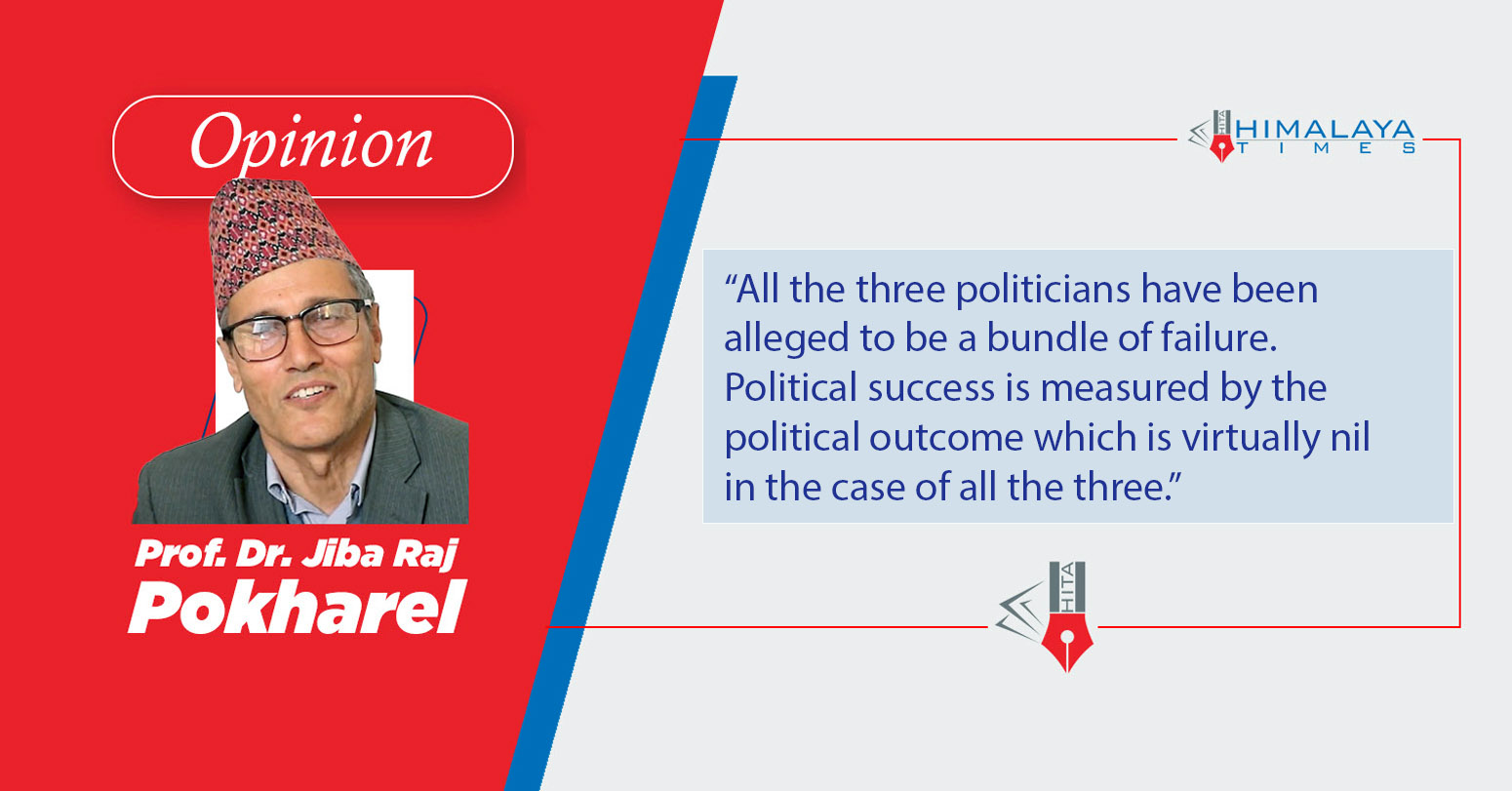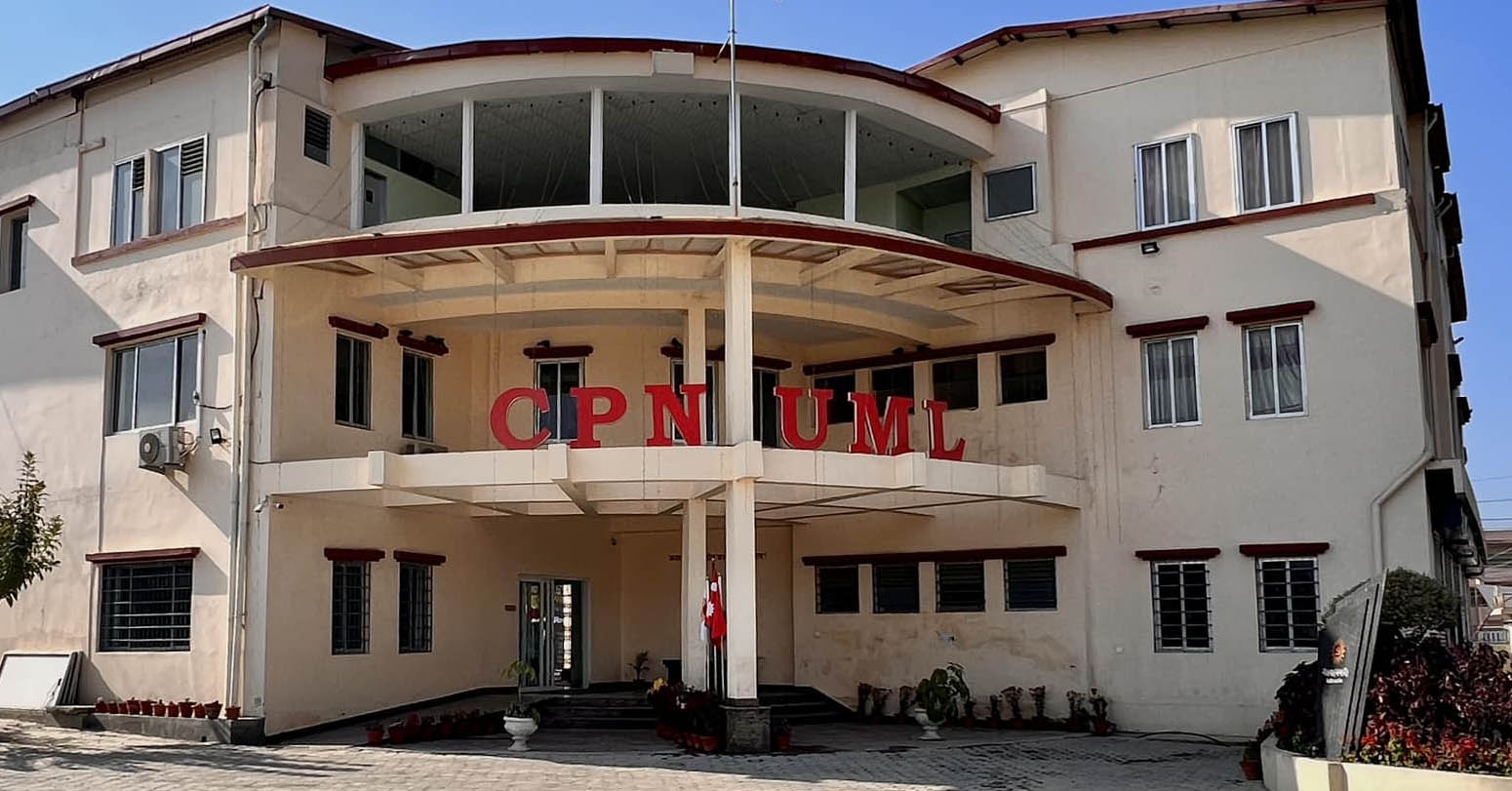The relation between the Government and Opposition is taking a nose drive around the world at the present. In the neighboring India, Rahul Gandhi is just a spark away from landing behind the bars for his vituperative remarks on Modis. In Pakistan, the court had ordered for the arrest of Imran Khan for allegedly embarking on terrorist activities which however drew a blank after being enveloped by his party followers. Far across the atlantics in the United States, President Trump has been charged by a New York Grand Jury for 34 felony charges of falsifying business records. Back in Nepal, Prime Minister Prachanda is facing a petition in the Supreme Court seeking appropriate punishment to be meted to him for publicly acknowledging the responsibility of the death of 5000 people during the Peoples War waged in his leadership. It is said to have been orchestrated by the United Marxist and Leninists(UML) after being ditched politically by Prachanda.
The meeting of the top three Mr. Sher Bahadur Deuba, K P Oli and Prachanda however came as a pleasant surprise like a shower following a long heat wave in summer. The trio which did not see eye to eye however buried the hatchet and talked on several issues plaguing the country. These are firstly the shrinking economy, the citizenship issue and the need to activate the Truth and Reconciliation Committee. The chanting of Gayatri Mantra amidst the demand of Hindu Rastra by the Monarchists in the Parliament is yet another challenge to the Republicans. The unprecedented achievements in the political arena in stark contrast of virtually nothing in the economic front has been a political headache for the trinity.
All the three politicians have been alleged to be a bundle of failure. Political success is measured by the political outcome which is virtually nil in the case of all the three.
All the three politicians have been alleged to be a bundle of failure. Political success is measured by the political outcome which is virtually nil in the case of all the three. Deuba has nothing more than pointing at his six Prime Ministerial terms which have however yielded nothing for the people at large. Oli tirelessly talks of several Herculean inroads made by him like the pointed map of the country but again it is at the best a day dream given its placement in the back burner by all Governments including UML Government in power. Prachanda has said time and again that the present constitution is the product of his party's launching of the Peoples War but people including his own party followers are disappointed with disproportionate change of fortune between the leaders and the people with him in power. Whilst the leaders have been enjoying unimaginable power and perk, the people are mired in the morass of poverty.
True that the Nepali economy has hit the rock bottom but it has no alternate than look up at the present even if it remains stagnant for some time. The country has entered into the stage of economic reconstruction. These leaders also have the opportunity like Roosevelt had who responded to the Great Depression and created new regime based on New Deal Social measures and Keynesian economy. Clement Attle, and Margaret Thatcher of the United Kingdom as well as John Kurtin, Ben Chifley and Robert Hawk of Australia performed similar feat while facing a downturn of the economy.
Governments generally ignore the opposition but this leads to their own downfall. In fact, Governments and the Oppositions can work hand in glove together in several issues. The friendship between the Government and the opposition Members of Parliament facilitates such a move. Examples can be taken of the friendship between Australian Treasurer Paul Keating and Shadow Treasurer John Howard which despite its short tenure greatly helped Howard's acceptance of many of Keat's initiatives. Democratic House Speaker Sam Rayburn, Senate Majority Leader Lyndon Johnson and Republican President Dwight Eisenhower developed a supportive working relationship in the United States. Amiable relationships are said to exist between Mrinendra Rijal, Bishnu Paudel and Bishnu Rimal who nearly agreed to help each other in the forthcoming by elections in Tanahu and Chitwan. It is said that the agreement was shelved after K P Oli did not sign it despite being done so by Deuba.
It has been observed that a weak opposition can be beneficial for the Government. The Democrats were considerably weakened by the leadership of Jimmy Carter but this worked to the advantage of Ronald Reagan. Similarly, the fissures in the left benefited Margaret Thatcher in the 1983 election. In a similar manner when the UML split into two parties, the NC obtained a majority though the projection of saint politician Krishna Prasad Bhattarai as the Prime ministerial candidate also helped greatly. If the weak opposition can help the Government a relatively stronger Government can do it more successfully.
The present coalition headed by Prime Minister Prachanda with the support of the NC can also siphon support from UML if drawn lessons from the aforementioned episodes involving Ronald Reagan of the US, Margaret Thatcher from UK and Robert Hawk from Kangaroo country.
In the phase of reconstruction as is the case of economic rehabilitation at the present, the support of the opposition is very crucial. In fact, if pursued sincerely, the opposition also toes the Government line for the sake of reconstruction. It has been seen how Reagan's reconstruction program was supported by Bush after Dukakis lost in the election. Similarly, in England Thatcher's reconstruction program was supported by the Labor party at the end. Likewise, Robert Hawk also enjoyed support from the opposition for his seemingly centrist reconstruction policies.
In fact, such a support can even receive continuity despite the ouster of the reconstruction champion. One could see how Thatcher's reconstructive undertaking was pursued by the incoming John Major Government. Even Tony Blair persisted with some of the components of Thatcherism. In the United States, Bill Clinton followed Reagan's policy even though reluctantly as he did not have the other option after he suffered defeat in both House and the Senate.
The present coalition headed by Prime Minister Prachanda with the support of the NC can also siphon support from UML if drawn lessons from the aforementioned episodes involving Ronald Reagan of the US, Margaret Thatcher from UK and Robert Hawk from Kangaroo country. They deserted Keynesianism involving a reduction in government intervention in the market economy in response to the problem of stagflation which has been rocking Nepal in view of high inflation and unemployment like tigers haunting in pairs. UML may be a strong opposition in view of its 79 members in the Parliament but it cannot afford to oppose the Government's genuine policies to add life to the death bed lying economy. The only concern is whether the newly appointed Minister for Finance Dr. Prakash Mahat can formulate such policies.
It appears that it is less likely given Mahat's routine panaceas like his appeal for the need of the Government and the Non-Government sectors working together. He has to spell out some concrete measures which can be immediate, medium and long term drugs to the present economic downturn.
The combined stance of the Government and the Opposition is not only necessary for the vulnerable Nepali economy which is fluctuating like a sine curve from extremes of marginal improvement to that of deterioration. But the Monarchist challenge is also hanging on their head like proverbial Damocles sword. It is against this backdrop that the recent meetings need to be viewed which however need continuity in the days to come.
The author is the former Vice-Chancellor of Nepal Academy of Science and Technology (NAST).

















Middle-aged man spends millions to
Dr. Dharam Raj Upadhyay: Man
Children, Greatest Victims Of Sudan’s
Breathing The Unbreathable Air
Comprehensive Data Protection Law Critically
Gender Differences In Mental Healthcare